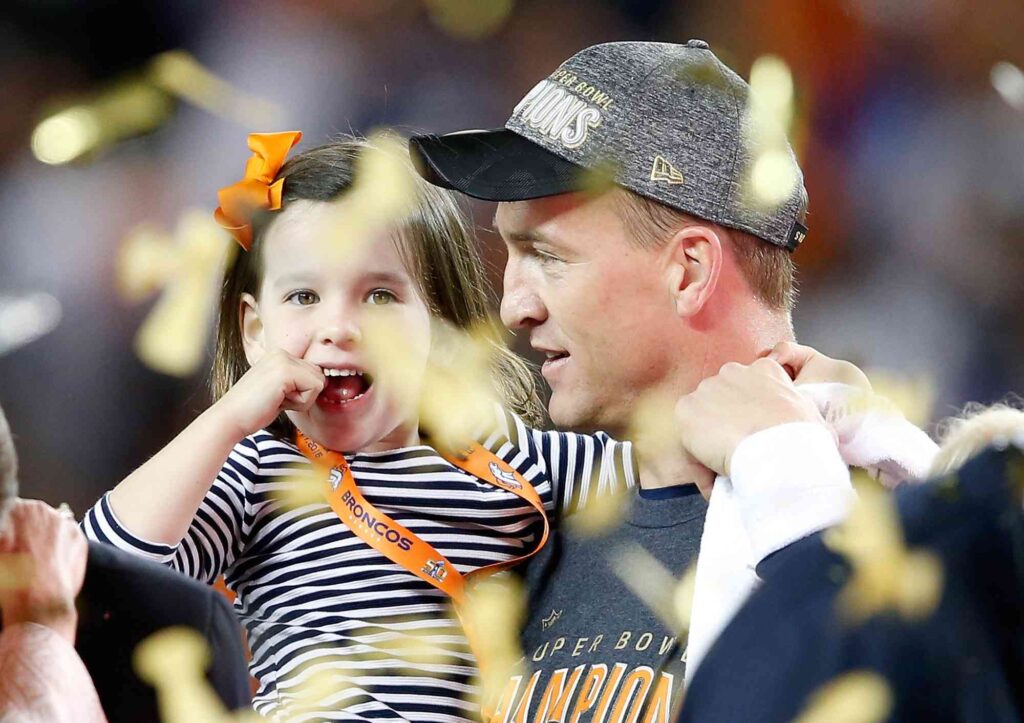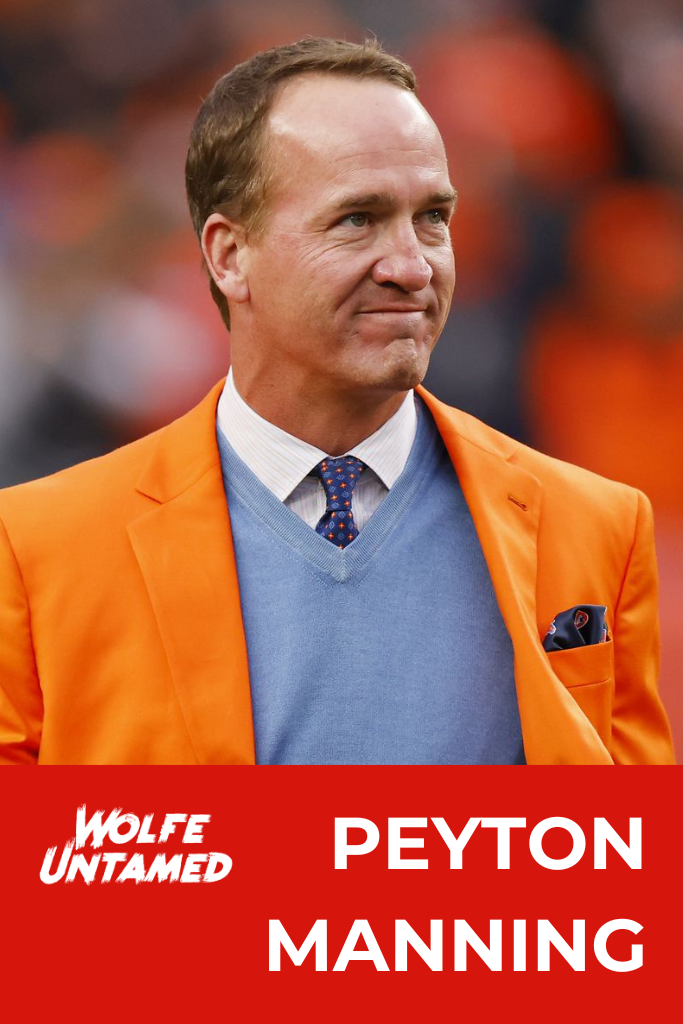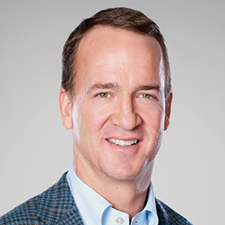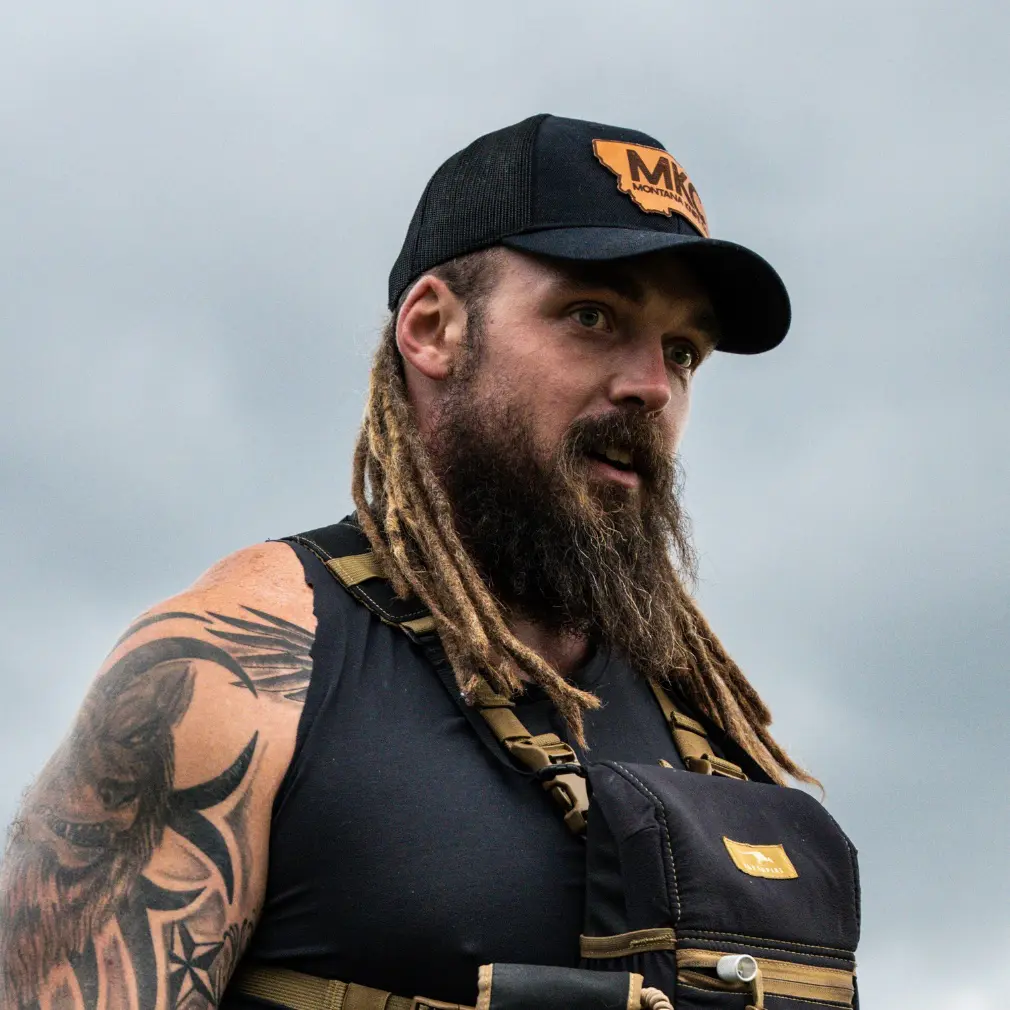Leadership, Legacy, and Life After Football: A Conversation with Peyton Manning
In an extraordinary episode of Wolfe Untamed, host Derek Wolfe sits down with NFL legend Peyton Manning to discuss their shared experiences from the Denver Broncos’ 2015 Super Bowl championship season, the evolution of football, and life after the game. This intimate conversation between former teammates offers unique insights into what makes a championship team and how one of football’s greatest quarterbacks has transitioned into his post-playing career.
Manning, a five-time NFL MVP and two-time Super Bowl champion, reflects on the special chemistry of the 2015 Broncos team. “We had a good bond,” Manning recalls, emphasizing how the players genuinely enjoyed spending time together both on and off the field. He notes that championship teams aren’t built solely on talent but on the authentic connections between teammates who “would have played for free” because of their pure love for the game.
The conversation reveals the leadership dynamics that made the Broncos successful, with Manning and DeMarcus Ware providing veteran guidance on offense and defense respectively. Manning emphasizes how previous disappointments, particularly their Super Bowl loss two years earlier, helped forge the team’s resilience.
“Sometimes you have to go through some adversity,” Manning explains. “Sometimes those disappointing losses kind of make it even sweeter when you actually do get there and you do overcome it all.”

What makes this discussion particularly poignant is Manning’s revelation that he began sensing during the playoff run that it would be his final season. Without formally announcing it, he found himself savoring the journey more intensely. “I definitely kind of soaked it up there toward the end and sort of enjoyed the journey, not just the destination,” he shares.
Wolfe’s personal recollections of Manning’s leadership style provide fascinating insights into what made him such an effective team leader. He recalls Manning’s consistent approach to work – arriving each day with his briefcase, driving his Buick, maintaining the same professional demeanor regardless of who he was interacting with. “You didn’t treat anybody different in the locker room,” Wolfe notes. “Everybody was treated the same.”
The conversation takes an interesting turn when they discuss Manning’s current ventures, particularly his work with the Manning Cast alongside his brother Eli. Manning shares his excitement about Bill Belichick joining their broadcast team, despite their historical rivalry. “Eli has a different feeling about Belichick than I do,” Manning jokes, referring to his brother’s two Super Bowl victories over Belichick’s Patriots, contrasting with his own struggles against the legendary coach.
Peyton Manning’s Post-NFL Career
Manning’s post-NFL career choices reflect his commitment to family and maintaining connection to the game he loves. He explains how he deliberately chose opportunities that would allow him to stay involved in football while being present for his children’s activities. “I get to broadcast the game from my neighbor Scott’s garage here in Denver with my brother Eli,” he says, highlighting how he’s found ways to balance his football passion with family life.
The discussion of Name, Image, and Likeness (NIL) deals in college sports provides interesting perspective from both players. Manning’s insights into how the landscape has changed since his college days are particularly relevant given his continued involvement in college football. He emphasizes the importance of players maintaining their drive and hunger despite early financial success.
One of the most touching aspects of the conversation is Manning’s discussion of his role as a father and youth football coach. He shares how his own father’s presence at his sporting events influenced his approach to parenting. “My dad never necessarily coached me, but he was always at our sporting events… and that was important to me,” Manning reflects. This has led him to prioritize being present at his children’s various sporting activities, whether as a coach or simply as a supportive parent.

New Beginnings: Omaha Productions
The conversation also touches on Manning’s production company, Omaha Productions, and their work on projects like “Full Court Press,” which follows women’s college basketball players including Caitlin Clark. Manning’s enthusiasm for telling compelling sports stories and supporting various athletes shows how he’s channeling his competitive drive into new creative ventures.
Throughout the discussion, both men’s mutual respect and genuine friendship is evident. Their shared experiences from that championship season created lasting bonds that transcend their playing days. As Manning notes, “That’s my greatest takeaway from all the years in playing… It’s actually not a game, it’s not the Super Bowl victory, it’s the relationships and friendships that I made.”
Their conversation serves as a reminder that great leadership extends beyond the field, and success in sports often comes down to the human connections formed in pursuit of common goals. Manning’s transition from legendary quarterback to broadcaster, producer, and family man demonstrates how athletes can successfully pivot to meaningful post-playing careers while staying true to their values and maintaining their love for the game.



